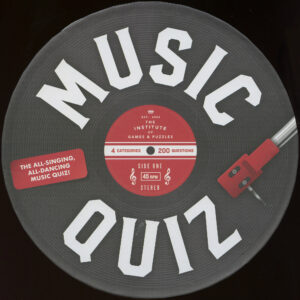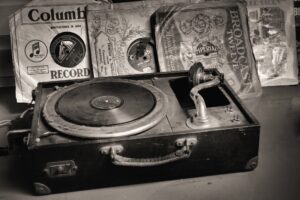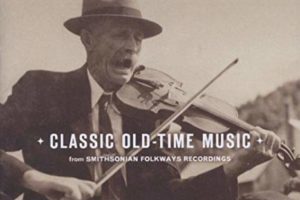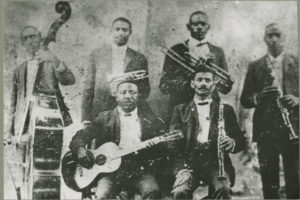I am not trying to minimize ebola, the enterovirus and ISIS. These are serious issues, three diseases that must be wiped out.
That said, nothing compares to the first half of the last century for pure terror and evil. It started with the First World War, in which 37 million died. Then came the great flu pandemic of 1918 in which 30 to 50 million (perhaps 3 to 5 percent of the world’s population) perished. The Second World War cost 60 million more lives.
That’s the grim backdrop for the life of Kurt Weill, one of the greats of musical theater. He was born in Dessau during the first year of that woebegone century. Weill, the son of a cantor and a leftist composer of “degenerate” music, was a target of the Nazis.
Weill had a partnership with Bertolt Brecht. The most famous work from the collaboration is “The Threepenny Opera,” which was written in 1928. It includes the song “”Die Moritat von Mackie Messer” — “Mack the Knife.” The Daily Music Break has covered the song, which has the odd dual life as a frightening tale of a murderer and a beloved jazz classic. The partnership ended over politics, according Wikipedia. Weill was not as far left as Brecht. His quote, according to Wikipedia, was that he could not “set the communist party manifesto to music.”
Weill left Germany in 1933 for Paris and ultimately New York. The profiles say that he didn’t live in the past. He studied American popular music and achieved acclaim in his new home, though it didn’t quite reach the level he had enjoyed in Germany. Weill lent his skills in every way possible to the war effort.
This is what American Songwriter’s Paul Zollo said about Weill:
Though he claimed that he “didn’t give a damn about writing for posterity,” his music resonates in this century more prominently than he could have imagined – several of his songs are undisputed standards, such as “September Song” and “Mack The Knife,”-and his myriad musicals and operas, especially The Threepenny Opera, written with Bertolt Brecht, are alive as ever. His influence streams crucially through the work of countless rock icons, such as Lou Reed, David Bowie, Randy Newman, Marianne Faithfull and certainly Tom Waits-who couldn’t have become Tom Waits without Weill and Brecht’s precedent. Weill’s work reshaped the form and content of modern opera, and redrew the boundaries and enriched the content of popular song.
Above is “Surabaya Johnny” (which in some cases is written as “Johhny”) sung by Weill’s wife, Lotte Lenya. Here is a translation. The melody of “Mack the Knife”can be heard a couple of times. I was happy – though I never was a big Doors fan – to learn that “Alabama Song” was written by Weill. It’s below.
The Department of Health and Human services, American Songwriter, AZLyrics, Wikipedia (both for information on Weill and deaths during the wars) and Master Works Broadway were used to write this post.










